New research indicates that limited resources on Earth’s satellite could cause crowding and competition as site selection, extraction become reality.
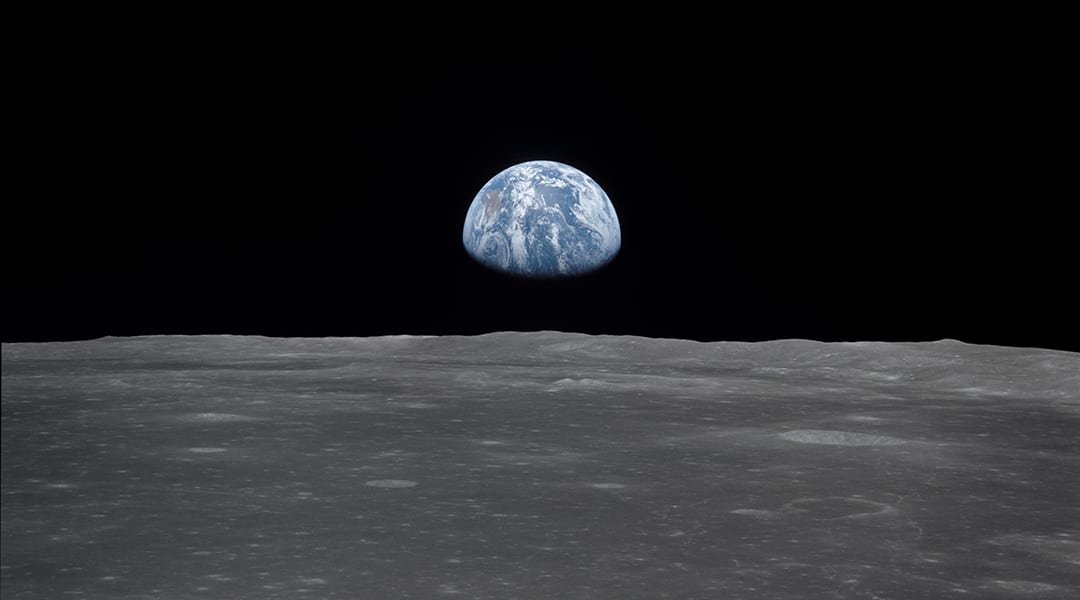

New research indicates that limited resources on Earth’s satellite could cause crowding and competition as site selection, extraction become reality.
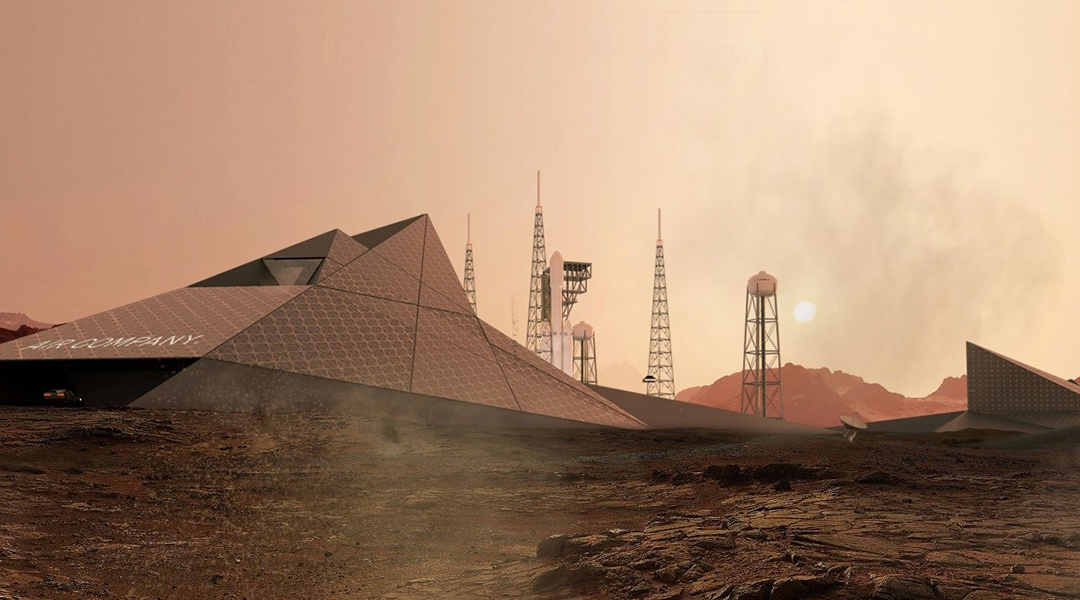
The chemistry of carbon dioxide may not save the human race on Earth, but could enable a new beginning for life on the red planet.
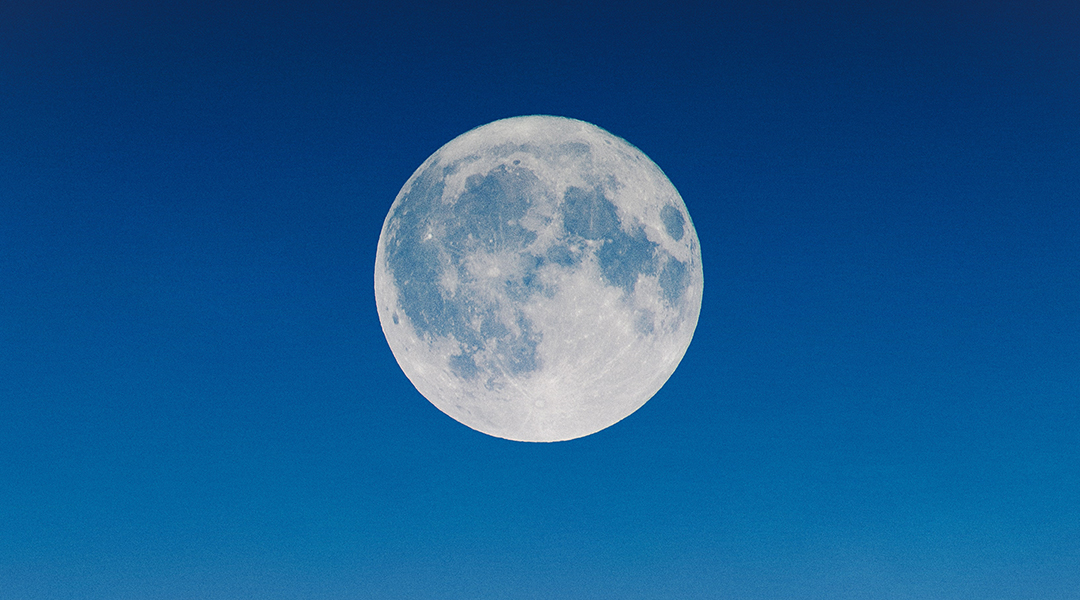
Tiny moon shadows may harbor hidden stores of ice.

An extensive study shows that the fragile Arctic landscape is changing right before our eyes. While we cannot stop the transformation, we can mitigate its effects if we reduce greenhouse gas emissions and slow climate change.
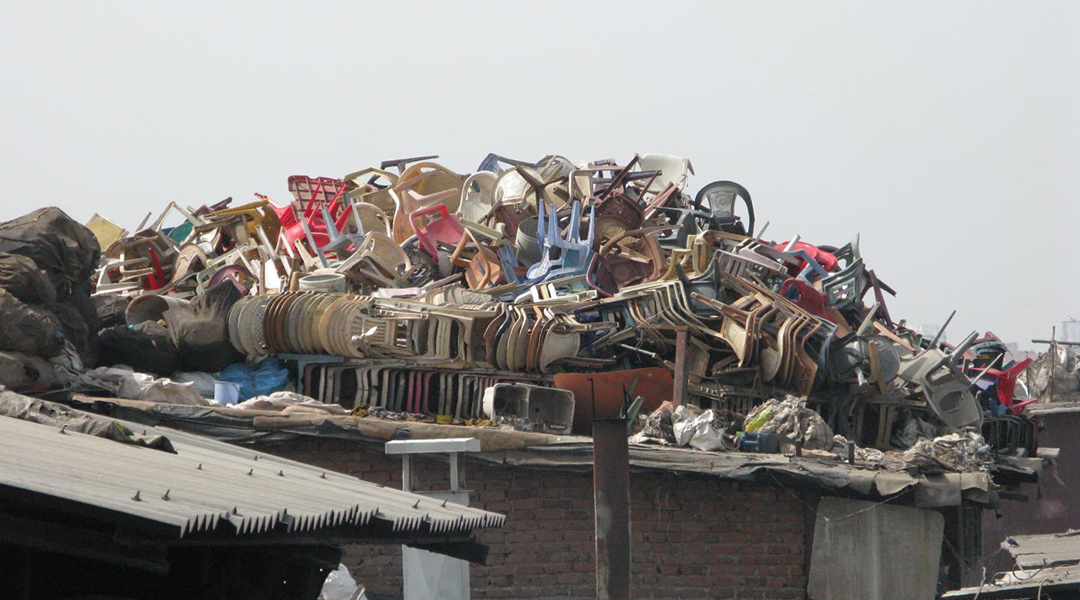
Unless growth in plastic production and use is halted, a fundamental transformation of the plastic economy to a framework based on recycling is essential.
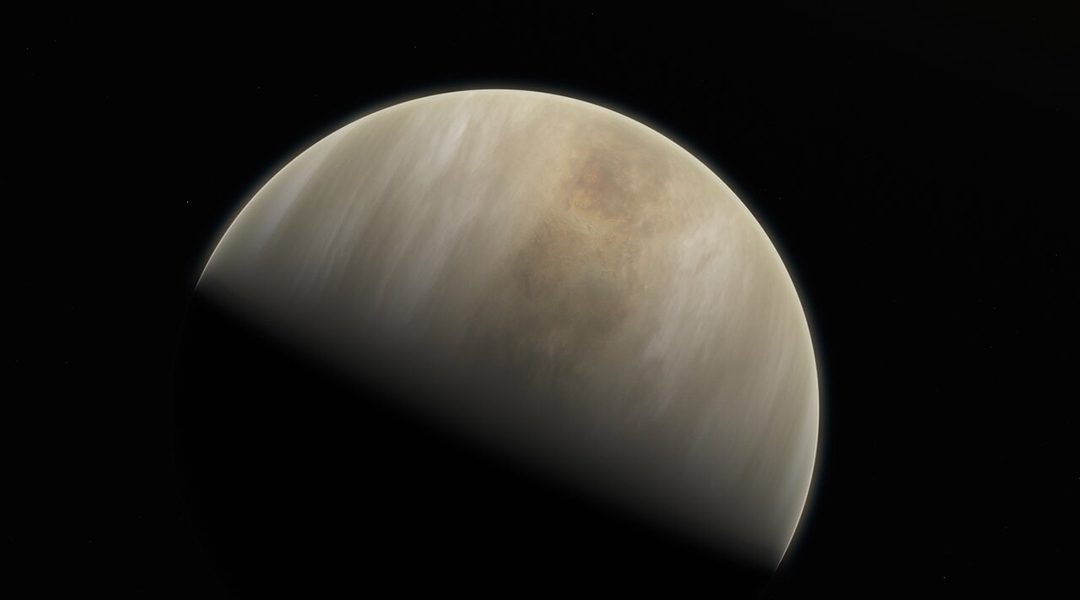
A possible marker of life has been spotted in the clouds of Venus and has astronomers excited about the possibility of extra-terrestrial “aerial” life on the harsh planet.
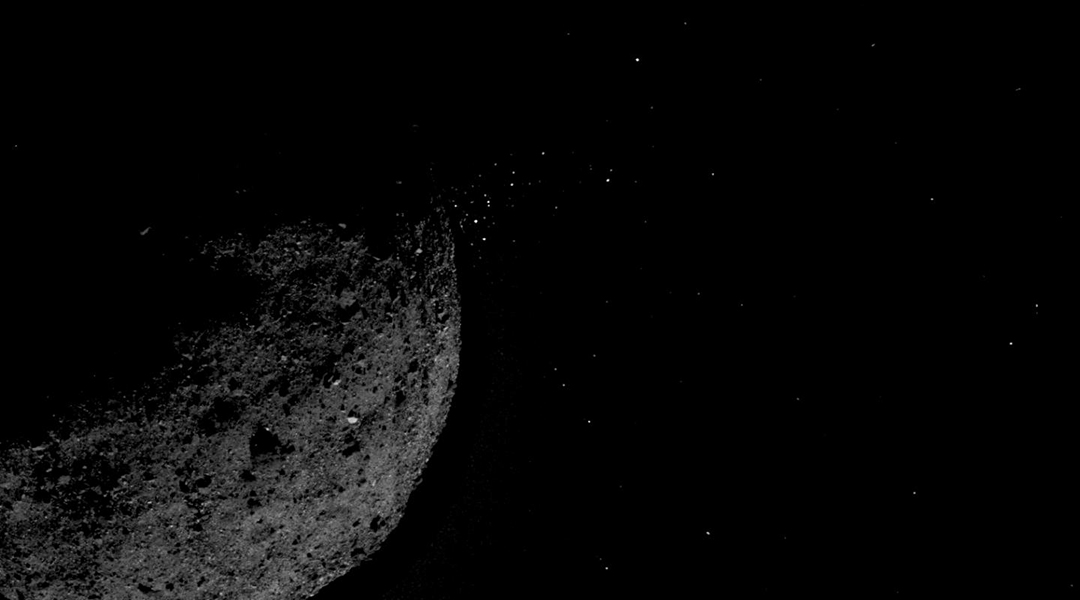
While studying asteroid Bennu up close, NASA’s OSIRIS-REx spacecraft witnessed periodic outbursts of material being kicked up from the surface; a dedicated observation campaign revealed details of the activity.

Researchers have increased the efficiency of compressed air cars with the aid of phase change materials for heat recovery, making them a viable carbon-free alternative for future passenger cars.

A new titanium nitride sulfur composite reduces the notorious shuttle effect and improves the overall performance of lithium-sulfur batteries.
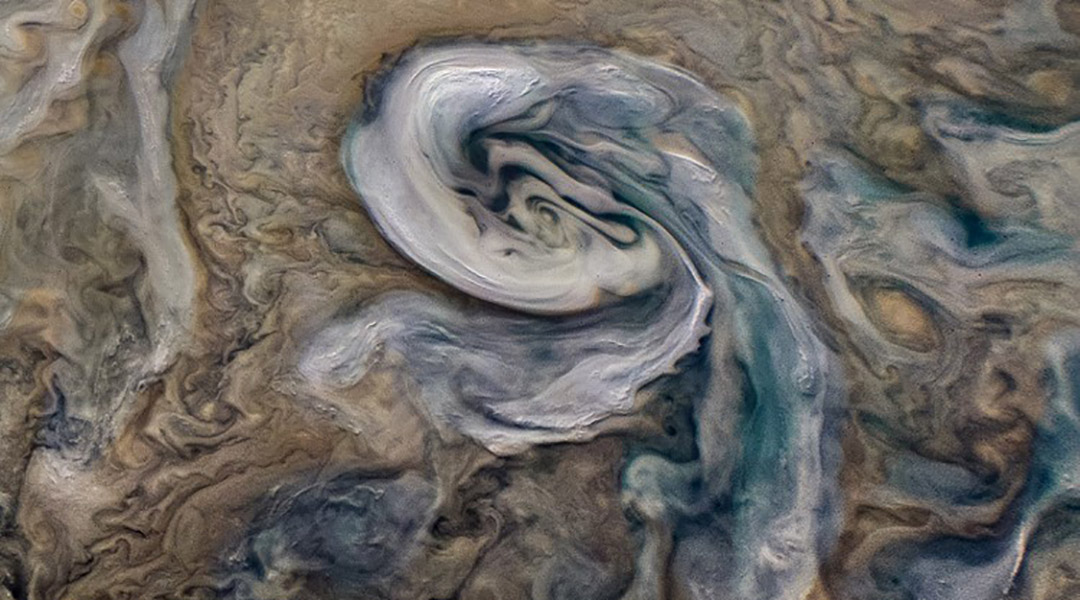
Ammonia sparks unexpected shallow lightening on Jupiter.